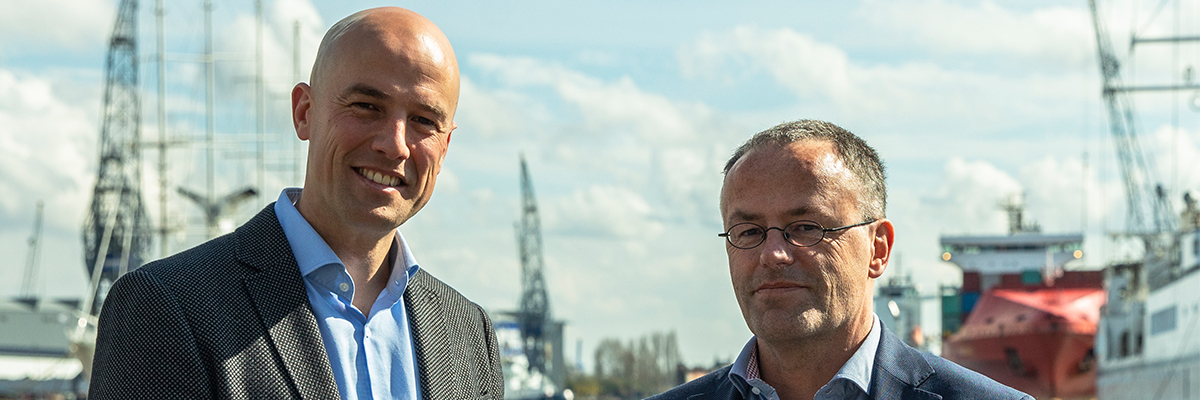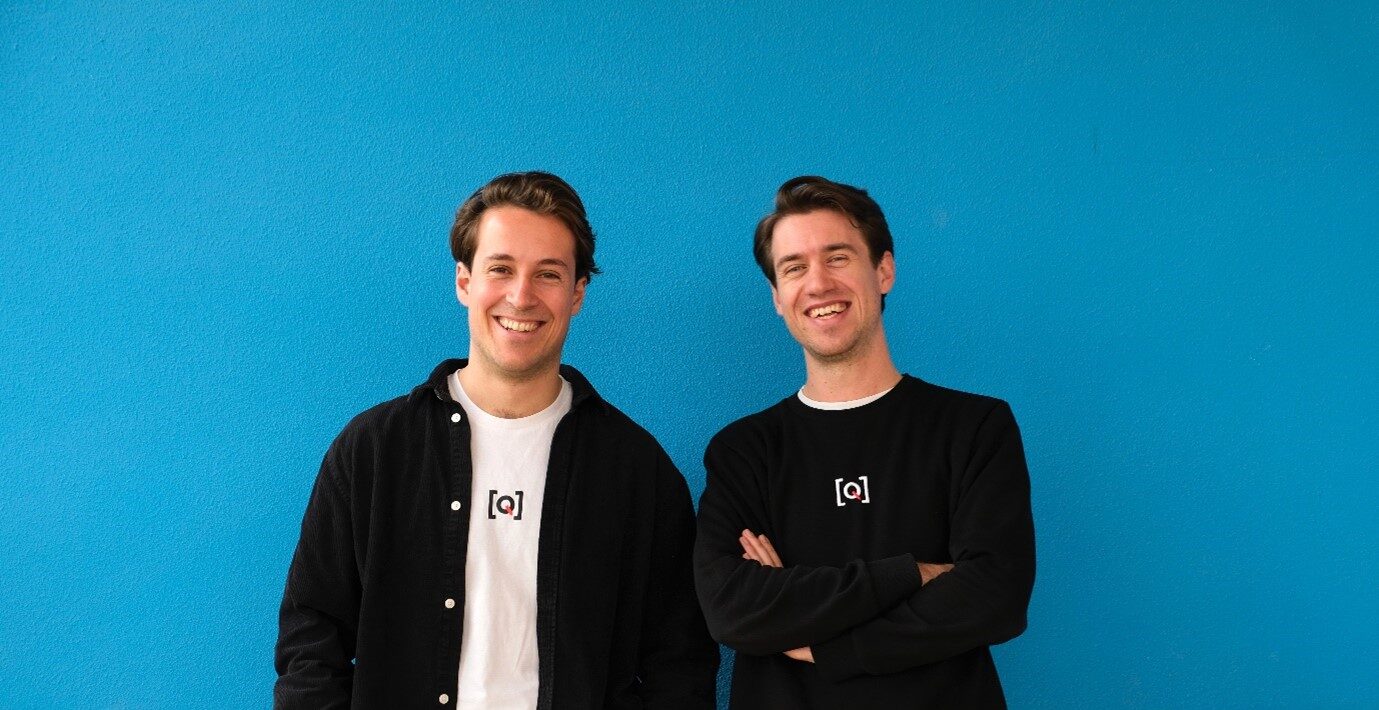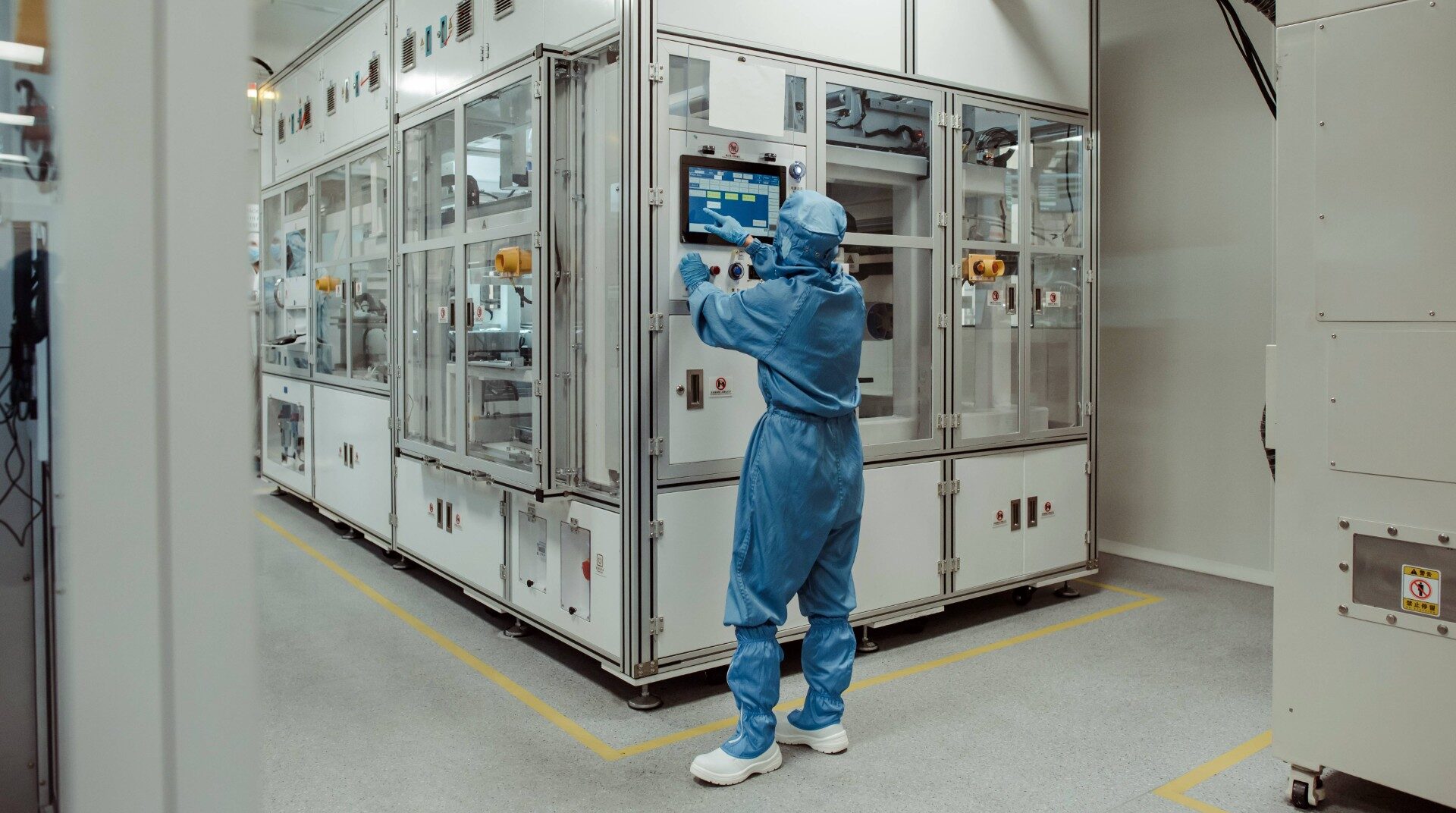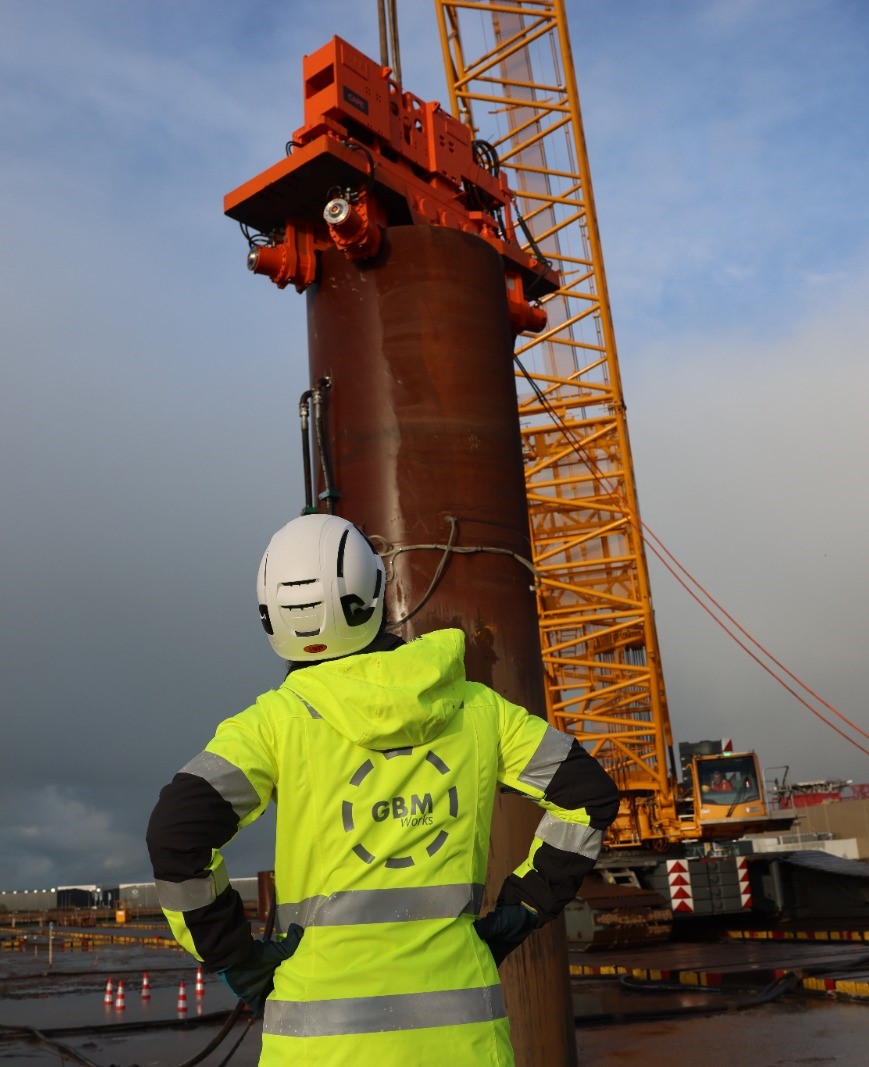
Battolyser Systems, a Delft University of Technology (TU Delft) battery/hydrogen spin-off, is ready to commercialise its patented technology for mass production. The company’s newly appointed CEO Mattijs Slee is looking to recruit a team of technical and general staff to accelerate growth.
“The Battolyser technology is ready, customers have already been signed up and funding has been secured. So after years of research and development we are ready to not merely enter, but to unlock the scale-up of the green hydrogen market,” said Slee.
Battolyser Systems has developed a breakthrough product that can store electricity and produce green hydrogen from renewable power to balance societal demand with supply. A Battolyser can instantly switch back and forth between battery charging, followed by hydrogen production when fully charged, and battery discharging. Hence, it can produce hydrogen when electricity prices are low and sell electricity when prices are high. “A Battolyser is never idle and is always working for you,” said Slee.
Battolyser inventor Fokko Mulder, Professor at the Chemical Engineering department of Delft University of Technology: “The challenge was to develop a robust system that can operate day in, day out, for years. A system that is flexible, minimises electricity losses, is costs effective and uses abundant and conflict free materials. We’ve done it and projects with commercial customers are now underway. I am delighted that our research can help combat climate change.”
Funding secured
Battolyser Systems has secured funding to scale up from a pilot facility at a Vattenfall gas fired power plant to a MWh/MW commercial demonstration facility. Funds have also been secured to develop an R&D facility and to prepare for a large scale manufacturing plant.
“Battolyser Systems will be a major force behind the energy transition under the leadership of Mattijs. He has technical, venture and business expertise as the former Commercial Head Europe at Shell Hydrogen. He is driven by a strong sense of purpose and can build great teams to scale the company for our ambitious plans,” said Kees Koolen, CEO of clean energy conglomerate Koolen Industries and investor in Battolyser Systems.
The company was founded in 2018 by Delft University of Technology, Proton Ventures and Professor Fokko Mulder to develop the first integrated battery and electrolyser system called BattolyserTM. Koolen Industries became shareholder in 2020 through an initial investment and now allocates significant additional funding to secure Battolyser Systems’ next growth phase.
“The Battolyser is the first dual-purpose energy storage solution with both a battery and an electrolyser function. They actually improve each other’s performance,” said Prof. Mulder.
New product category
Global energy demand is expected to double by the second half of this century. Providing this energy in a sustainable manner is one of the key challenges of our generation. The Paris Agreement targets a net zero greenhouse gas emission economy by 2050 to limit the impact of climate change.
To achieve this, society must source all its energy from renewables and electrify end use as much as possible. Batteries are most efficient for short term storage while green hydrogen will play a pivotal role in balancing renewable electrical supply with demand for longer durations. Hydrogen can also provide energy intensive and pollutive sectors with a clean alternative, such as a carbon free fuel for the transportation sector and feedstock for industries such as fertilizers, chemicals and steel.“Battolyser Systems offers solutions with breakthrough flexibility, robustness, efficiency and use of abundant materials compared to existing batteries and electrolysers,” said Slee, and:“A Battolyser is an entirely new product category that can unlock business models and accelerate the energy transition through deployments at scale.”
About Battolyser Systems
Battolyser Systems is a Delft University of Technology spin-off that aims to develop and manufacture Battolysers. It is backed by Koolen Industries, Proton Ventures and Delft University of Technology.



